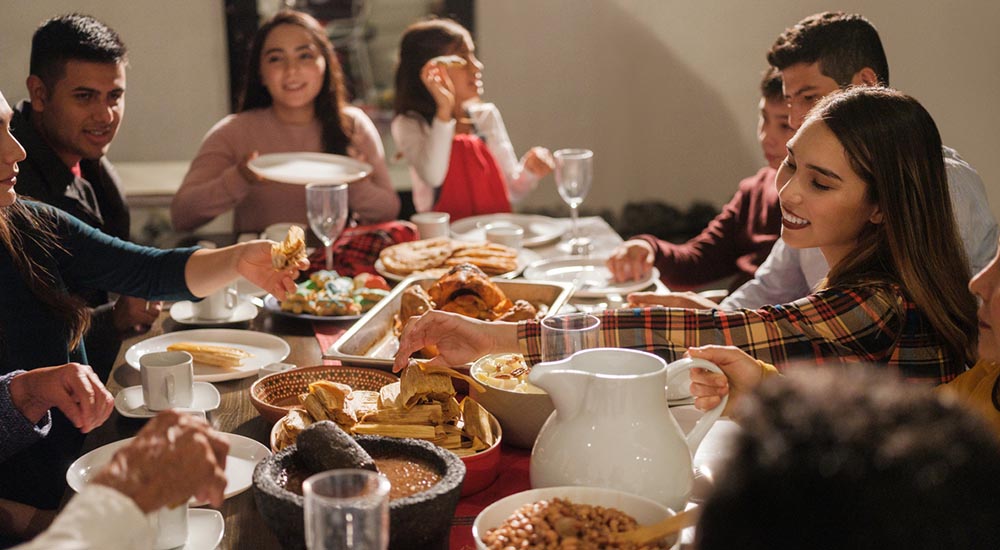The holidays can be a time of joy and family togetherness. It’s also a time when intimate partner relationships can experience increased stress.
Several factors can increase the risk for intimate partner violence (IPV). Examples include unresolved family conflict, work demands, increased alcohol use and financial difficulties.
IPV can be physical, verbal, emotional, sexual or psychosocial.
VA’s Intimate Partner Violence Assistance Program (IPVAP) emphasizes the importance of promoting relationship wellness. Seek support if your intimate relationship is negatively affecting your health and well-being.
Plan ahead
Think about your triggers or stress points. Knowing them can help you recognize and respond to them sooner, and in a healthy way.
If you feel increased stress and tension over the holiday or winter season, you can:
- Develop a plan to remove yourself from the situation
- Practice mindfulness
- Eat healthy and exercise
- Avoid alcohol
- Practice time and expectation management techniques
- Express gratitude
- Help others
- Call a stress buddy for help or to vent to
You also can plan your response by:
- Reviewing the Manage Stress Workbook, with a focus on mindfulness
- Completing a Pleasant Activities Tip Sheet
- Linking to VA’s Whole Health services and resources
- Learning about Stress: Causes and Effects and Keys to Managing Stress
During the holiday season and looking toward 2020, IPVAP recognizes the importance of strongly connected and supportive relationships for Veterans, their partners and VA employees. These protective factors are key to managing not only holiday stress, but stress that can occur throughout life.
The IPVAP approach is inclusive, person-centered, trauma informed, Veteran-centric and recovery-oriented. Comprehensive services include prevention and intervention assistance, universal education, resources, early intervention and referrals to evidence-based treatment.
IPVAP is a national leader and advocate for changing paradigms to end IPV. IPVAP promotes services for everyone who is affected by the use and experience of IPV.
Contact your local IPVAP coordinator for assistance. You also can visit https://www.socialwork.va.gov/IPV/Index.asp for more information.
Tisha Petelo LCSW and master addiction counselor, is chair of the subcommittee – short-form publications. LeAnn E. Bruce, PhD., LCSW, is the national program manager IPVAP and the acting Caregiver Support coordinator. Both are members of the IPVAP National Leadership Council’s Field Based Committee for Raising Awareness.
Topics in this story
More Stories
Study underscores important role COVID vaccination can have in protecting Veterans from infection and reducing long-term health consequences
Columbia VA’s robotic surgery teams completed their 800th robotic surgery and are on schedule to hit 1,000 by the end of the year.
In a decentralized clinical trial, Veterans can participate from their own homes or local VA instead of having to travel to a research site.







